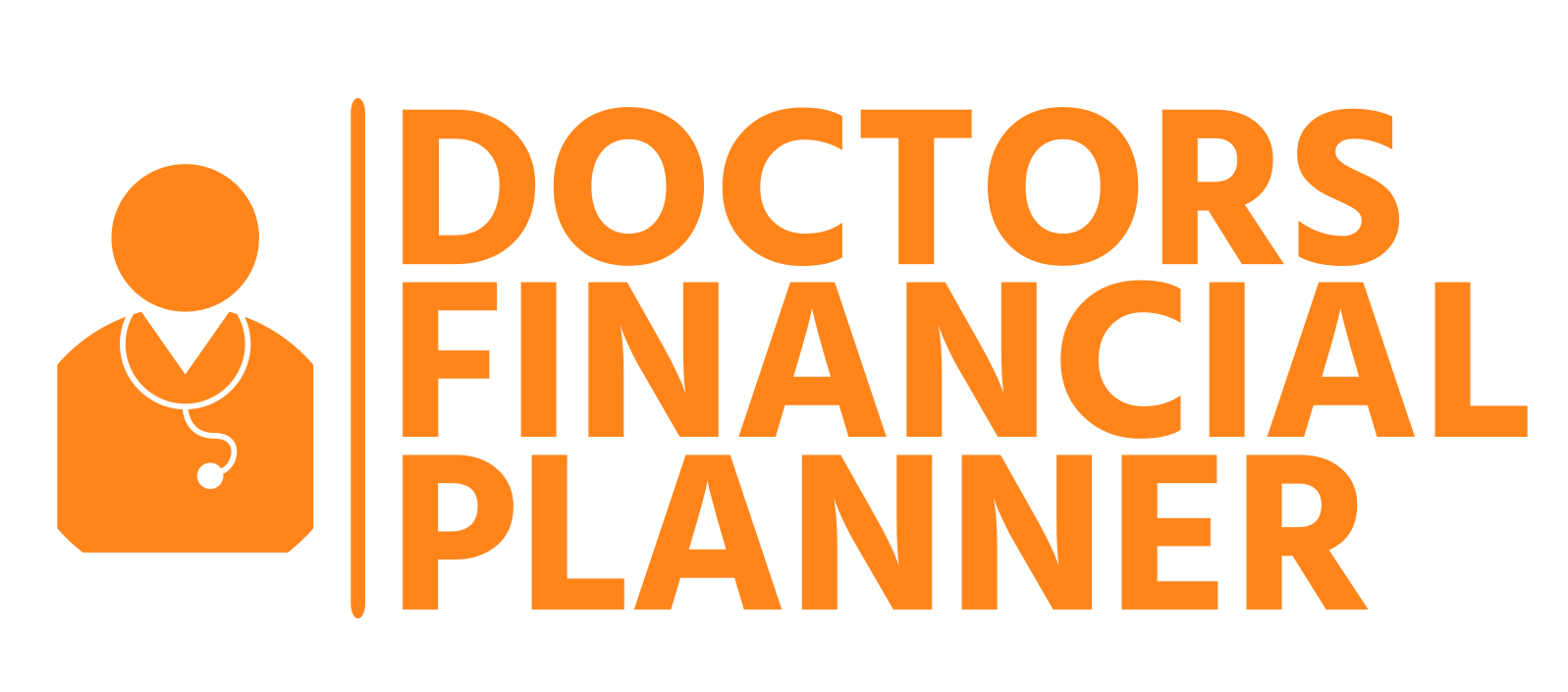We Help Doctors and Medical Professionals take Good Care of their Money
Doctor’s Economic Cycle
Doctors might start earning properly after the age of 28-30 years which is late compared to other professions. A doctor can either begin his career by assisting another doctor or working in a hospital. This means he begins on a regular salary late and hence his social life and events also get delayed. A late marriage, a late kid, and long erratic working hours do influence his financial life. He does not have much time to concentrate on planning his finances. Earnings peak between 40-50 years.
Doctors have the advantage of continuing their practice for as long as possible. But this depends a lot on their reputation and health. Business does go slow for some doctors or starts cooling down once they finish some years in the business. Younger doctors get more popular, they are more in tune with current trends in medicine and lifestyle. Some of them have more specialized degrees. A doctor therefore cannot be lax imagining that he has a very long career ahead of him. He should have a retirement age in mind and plan according to that. If he can continue even after that age, he should consider it a bonus or can decide the terms and conditions of his work which is a great advantage to have.
Doctors love Real Estate
Many doctors in India invest in real estate for housing and setting up a practice. They are generally overweight in real estate which might not be a good idea. They have to understand real estate is one of the asset classes – so there will be periods of outperformance & underperformance.
Job Vs Practice – Doctor’s Dilemma
Doctors have to decide whether they want to set up their own practice or work in a hospital or do both. Some also want to start their own hospital which means they are getting into a business, which is a different ball game. They need to see the pros and cons of each option and decide which works best for them. If one feels, he is not financially savvy but good in medical skills, he can set up a small private practice and be a consultant doctor in hospitals. Setting up a practice is not easy. In big cities, there are numerous doctors and each is competing for the same target market. Doctors face cut throat business wherein they start charging lower or gang-up against new doctors.
If you are a doctor setting up a new practice, you should devote time to starting the practice and it should start before you finish your previous employment (if your current employer allows this) if any so that you have a steady source of income. You can partner with a finance expert to
understand the financing aspect of the business. You need to calculate how much capital you will need for setting up a practice and consider things like space required, where to set up the practice, cost of space, services offered, etc. List the revenue and expenses to find out what will be the status of cash flow. You should constantly upgrade your skills and offer innovative and honest services to customers so that they will be satisfied with the treatment that they are receiving.
When Husband & wife both are doctors (assuming practice)
Many times, both husband and wife are doctors. They are self-employed professionals who earn well but would not have done any financial planning. This could be because they do not keep a check on how much they earn (monthly earnings would be variable) and personal expenses and professional expenses get mixed up. They do not understand investment planning, tax planning, etc., and end up making wrong investment choices or evading tax by hiding income. Many are so busy with erratic hours that they don’t have the time or inclination to spend time managing finances.
The irony of Doctor’s life
The irony is doctors don’t follow the rules that they establish – first diagnose & understand the problem and then prescribe appropriate medication. But when it comes to finance they prefer over-the-counter products. Many of them buy financial products without really understanding them as they are not in touch with this subject and due to lack of time rely on the insurance agent or the financial product seller who claim to take care of your investments but are just looking to increase their sales.
How Doctors Should Choose a Financial Advisor
Doctors themselves being in the most respected profession know the importance of dealing with the professional. You know very well that Chemists (Medicine Sellers) are not authorized to give medical advice. Unfortunately, most of the patients prefer talking to chemists only at the first stage and only visit doctors when the health issue aggravates, unless they are covered under some insurance that supports the OPD or general treatment cost. My father used to run a medicine wholesale shop and was habitual to do self-medication for most of his health problems. Combiflam was his favorite painkiller until he realized that he was diagnosed with a kidney problem and got to know Combiflam is doing more damage than good.

At times, they are so positive about their stable income and thus don’t even care about financial management, and sellers take advantage of this behavior. Many times, doctors also behave like their patients, when they ask for investment products from bankers, Insurance agents, or Mutual funds distributors, without giving a thought to the actual requirement or in medical terms, without a proper diagnosis. The main reason for this is the busiest profession they are in and with no finance background, sometimes they are not aware that there are financial professionals in the market who can holistically guide them on their money management.
For doctors, the first financial advisor, generally is the Relationship manager of the bank they have their account with. And thus, the first product that almost all the doctors I met, have is the Insurance policy (ULIP or Endowment). When I ask them the reason for this purchase, the common reply is “as suggested by the Banker”. But did Banker ask your requirements? did the RM try to find your financial goals? did he do the risk profiling to find out what asset allocation may suit you for your long-term investment allocation? How often does the RM follow up on this product to figure out if that is still suitable for you?
All this is because he/she is not supposed to do this. The main job of that person is to sell, by building a “good relationship” with you i.e. bank account holder. He does not have your wellness in mind, but only concerned about job targets. Moreover, sometimes it’s not the banker’s fault. Have you ever asked such a question to the product seller? Did you ever ask your Financial advisor his/her qualification? What is the basis of your selecting a Financial advisor for Doctors in India? How would you ensure that your financial advisor should work for you and advise in your best interest, the way your patients expect from you? If not a banker then it could be some relative or your insurance agent or even mutual funds agent, who has sold you some investment products. And these days people are not being mis-sold, but are mis-buying the investments, by doing their “so-called research” online, and investing in different products themselves.
Financial wellness is equally important as Physical and Mental wellness. The doctor knows the value of a good Professional in any kind of long- term relationship. Just like having the wrong medicine could spoil your health, same way wrong investments could also damage your financial health. It could be the wrong financial habits too which needs to be corrected, so you need an advisor who can coach you and work on your behavior. Having a Registered, and Professional Financial advisor by your side makes the life Journey smooth. He/she works as a family doctor and keeps guiding you on every financial decision you make, so you reach your financial and life goals comfortably. And yes, nowadays, it’s not difficult to find a good financial advisor in India. You just have to do some effort at the beginning, which is worth, looking at the benefits it gives you for a lifetime.
Financial Planning for Doctors
Doctors should take the following steps to ensure that their finances are in a good condition:
- They should not be tempted to splurge once they start earning money. Some of them feel they missed out on opportunities to have fun as they spent many years studying and started to earn well much later in life. They splurge on fancy vacations, new cars, eating out etc. It is important to keep a check on expenditure and concentrate on savings and investments.
- They should ensure that they have adequate life cover and disability insurance cover so that the financial needs of family and profession are taken care of in case of unfortunate events
- Decent indemnity coverage is a must. (I will write a separate post on this)
- In some cases practice is their biggest investment doctors have – you should know how to nurture, grow, save & ring fence that.
- Doctors have a very busy schedule. They are also called in for work many times post-work hours. Apart from this, they have to manage family, health, social engagements etc. It is important that they have a proper fitness schedule. They have to eat right and exercise so that they are in good physical shape. They need to switch off from their work every day for some time and pursue what they like so that they are mentally fit. This is important for sound financial health.
- They have to make a financial plan the plan should have financial goals listed and they should execute the plan to achieve these goals. If they do not have time to research and make one, they should hire the services of a financial planner. [hope doctors understand importance of professionals] They need to have a proper investment plan. They should invest in a variety of assets including equity, mutual funds and debt so that their investment portfolio is diversified and they get optimum returns and long-term capital appreciation. They should ensure that their debts are not beyond their means.
- They should pay off education loans taken and only then go for home loan or loans for buying property to set up the clinic. They should ensure that they understand their investments and performance of the investments rather than blindly following the advice of the financial planner. They should revisit the financial plan regularly and tweak it as per changes in their life situations and macro and micro economic conditions.
- They should also invest in themselves by upgrading their skills, learning about latest trends in health care and networking with other doctors and professionals in the healthcare business.
- Doctors’ lead busy lives but it is important for them to focus on their finances so that they can grow their wealth, manage their taxes and have a healthy and secure financial life. This is important for a good long medical career as well.
